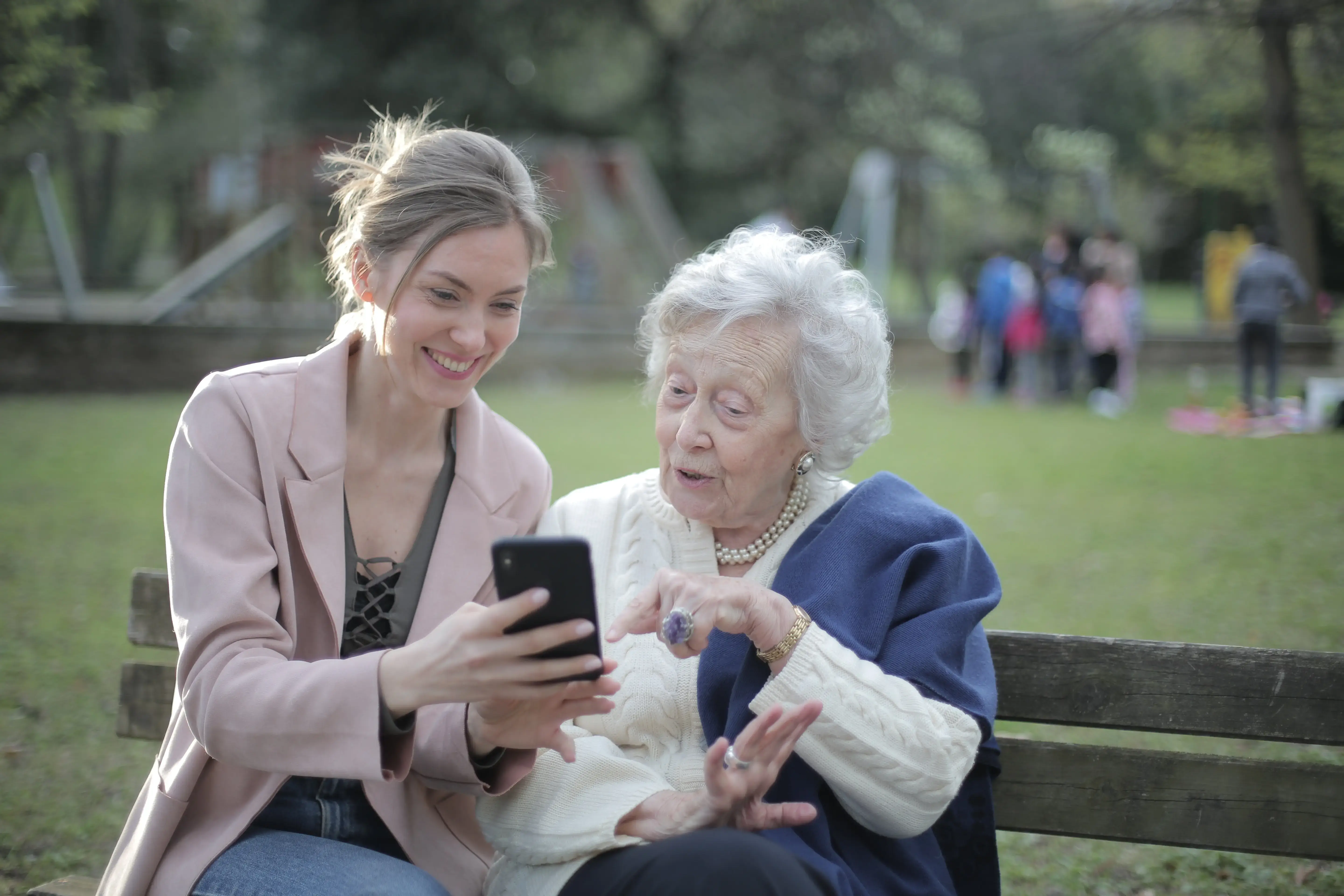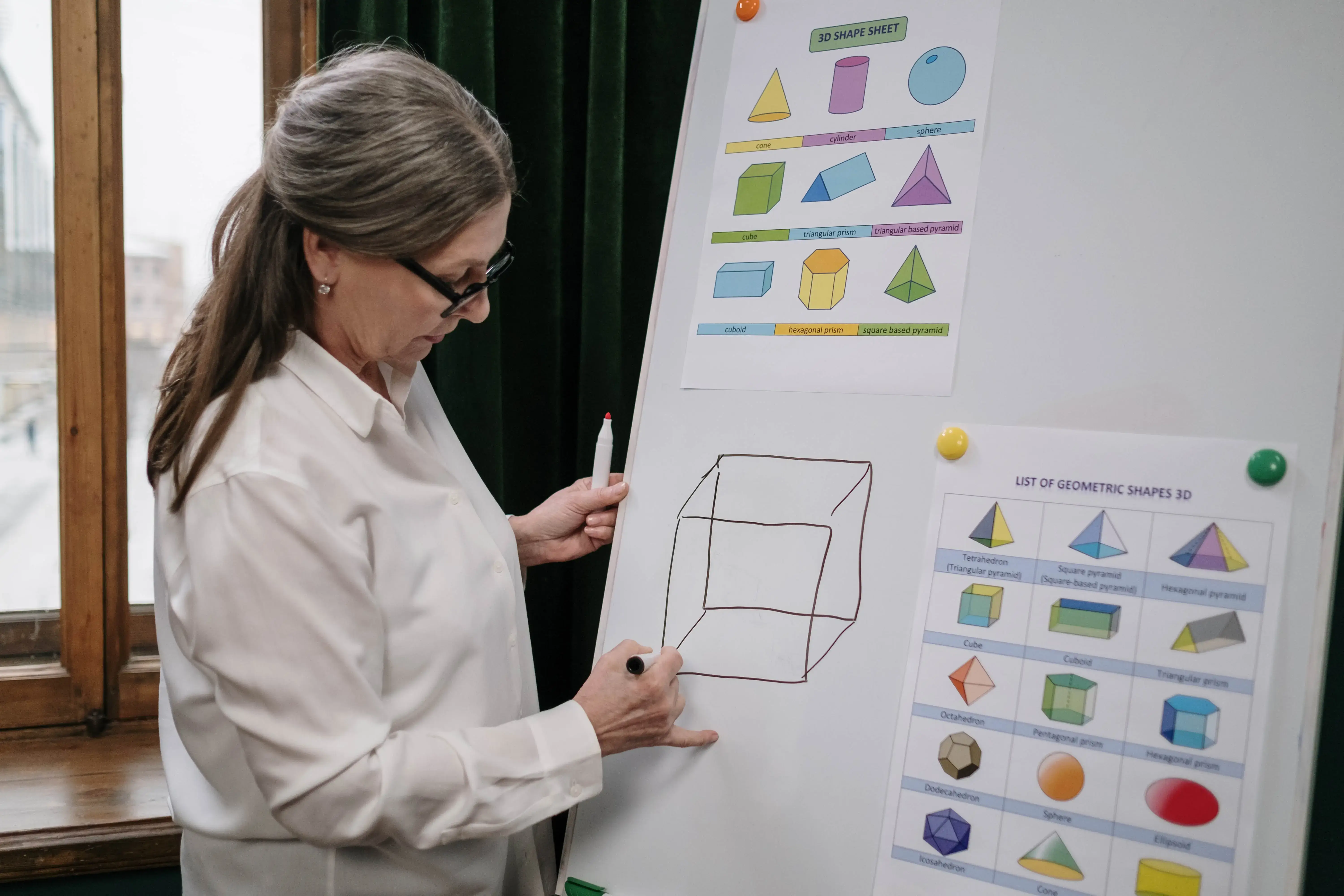
Lifelong learning is a process of learning new skills and acquiring knowledge throughout the nurse’s life. Continuous learning has been acknowledged as a requirement for the nursing profession. It helps nurses understand the contemporary issues in the nursing practices, hence remain relevant in their field. There are various strategies to lifelong learning; learning management, creating a suitable environment, and collaborative learning.
Nurses Are Accountable for Their Own Learning
Thus, they are expected to learn on their own by incorporating learning management. Learning management is an essential approach for principled continuous learning that supports excellence in nursing. Learning management involves goal setting, self-assessment, goal selection, time management, knowledge management, and internal and external responsiveness. Self-directed learning requires self-assessment for the lessons to be learned, while internal responsiveness results from self-assessment and reflection. After conducting self-evaluation and understanding personal learning deficits, the nurse can set goals, and they identify the support sources. In the long run, they develop learning goals that influence the exploration of evidence-based practices and knowledge, contributing to lifelong learning.
Continuous Learning Strategy is Persistence in Learning
This is attained through lifelong education in the contemporary nursing learning systems. Life-long professional learning positively influences persistence in the learning of nursing practices such as medical sciences and equipment. However, scoring may be the primary purpose of engaging in lifelong learning, and a researchers group considers that the participants’ number decreases after overlooking scores in re-learning. Learning skills and new skills should be taught for continued learning as nurses believe the acquisition of information improves their self-esteem by enhancing abilities and skills. Learning skills are enhanced by problem-solving exercises, while compulsion can also be employed as a means for continued learning. Thus, persistence in learning is a crucial strategy of life-long learning that helps in the acquisition of new skills.
Another Strategy for Lifelong Long Learning
Another strategy for lifelong long learning is setting a suitable learning environment. A learning environment where there are minimal learning strains encourages lifelong learning in the nursing profession. Most nurses are involved in full-time working where work pressures, fatigue, and time shortages may not allow them to enroll in a regular program for lifelong learning. Therefore, life-long learning requires structured support sources that are flexible to accommodate nurses’ comfort of family obligations and full-time working. For instance, online degree programs for nurses have offered an opportunity for continuous learning, which have allowed nurses to attain higher educational qualifications while continuing with their full-time jobs and attending to their families (Weisskirch, 2018). This has offered a suitable learning environment, enabling them to pursue degree programs by utilizing the available limited time, fostering lifelong-long learning.


Collaborative Learning Enhances Life-long Learning
Collaborative learning involves group learning relations with education representatives, learning from others, empathy, excellent communication, and belongingness. Because nursing is an activity of a group in a healthcare system, creating an appropriate platform for group events in learning institutions or society is vital. Evidence from studies showed that 37% of self-directed learning was contributed by belongingness and self-confidence (Qanbari-Qalehsari et al., 2017). Besides, studies postulate that small group’s working impacts lifelong learning positively. The appropriate platforms for group activities can be made through regulating the proportions between the professor and students and offering fundamental facilities such as a satisfactory physical environment and suitable study rooms.
In conclusion, learning management, persistence in learning, a suitable learning environment, and collaborative learning was noted as life-long learning strategies. Therefore, employing these lifelong learning strategies in nursing learners will contribute to nursing professional competency, quality nursing education, and positive nursing care outcomes.
References
Qalehsari, M. Q., Khaghanizadeh, M., & Ebadi, A. (2017). Lifelong learning strategies in nursing: A systematic review. Electronic physician, 9(10), 5541.
Weisskirch, R. S. (2018). Grit, self-esteem, learning strategies and attitudes and estimated and achieved course grades among college students. Current Psychology, 37(1), 21-27.







